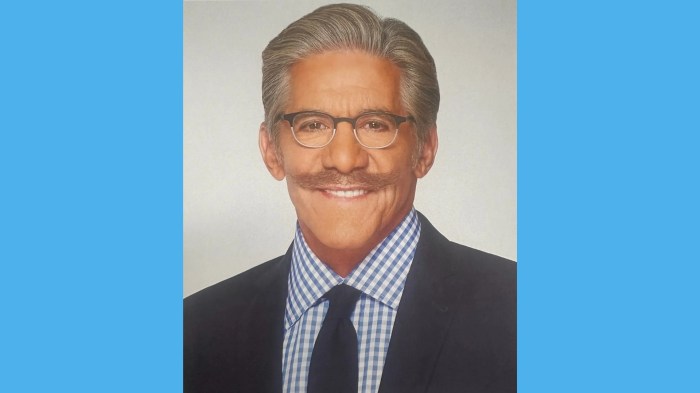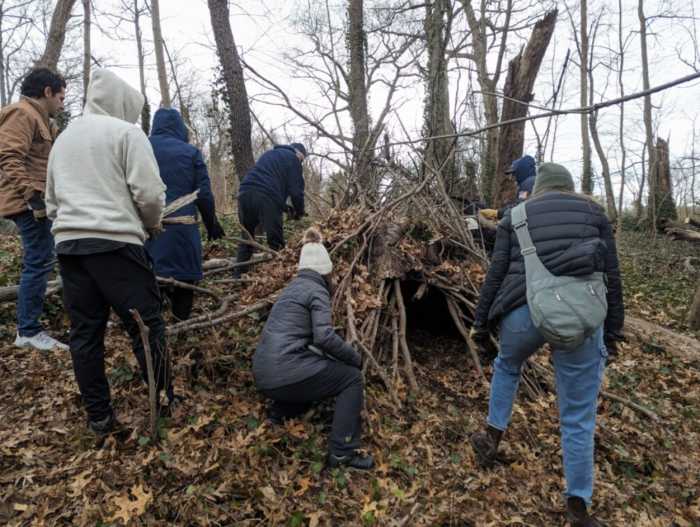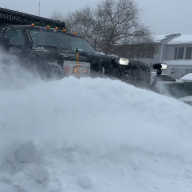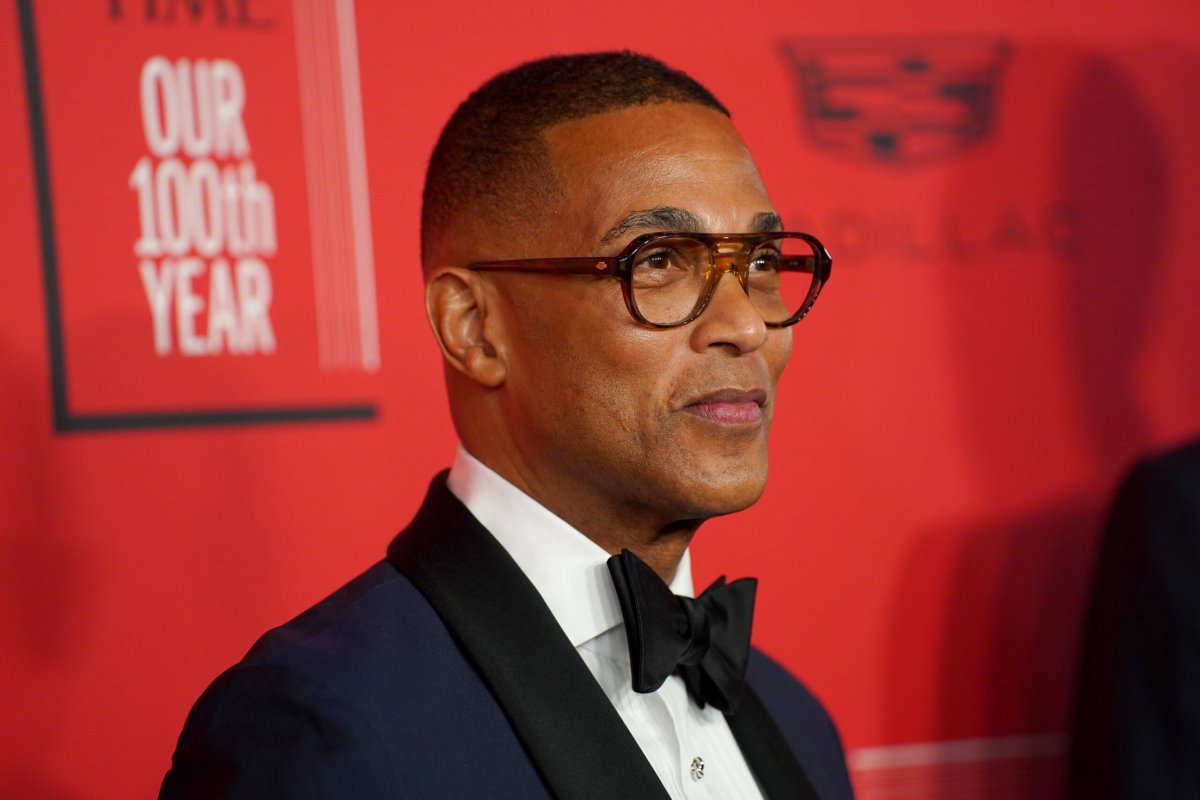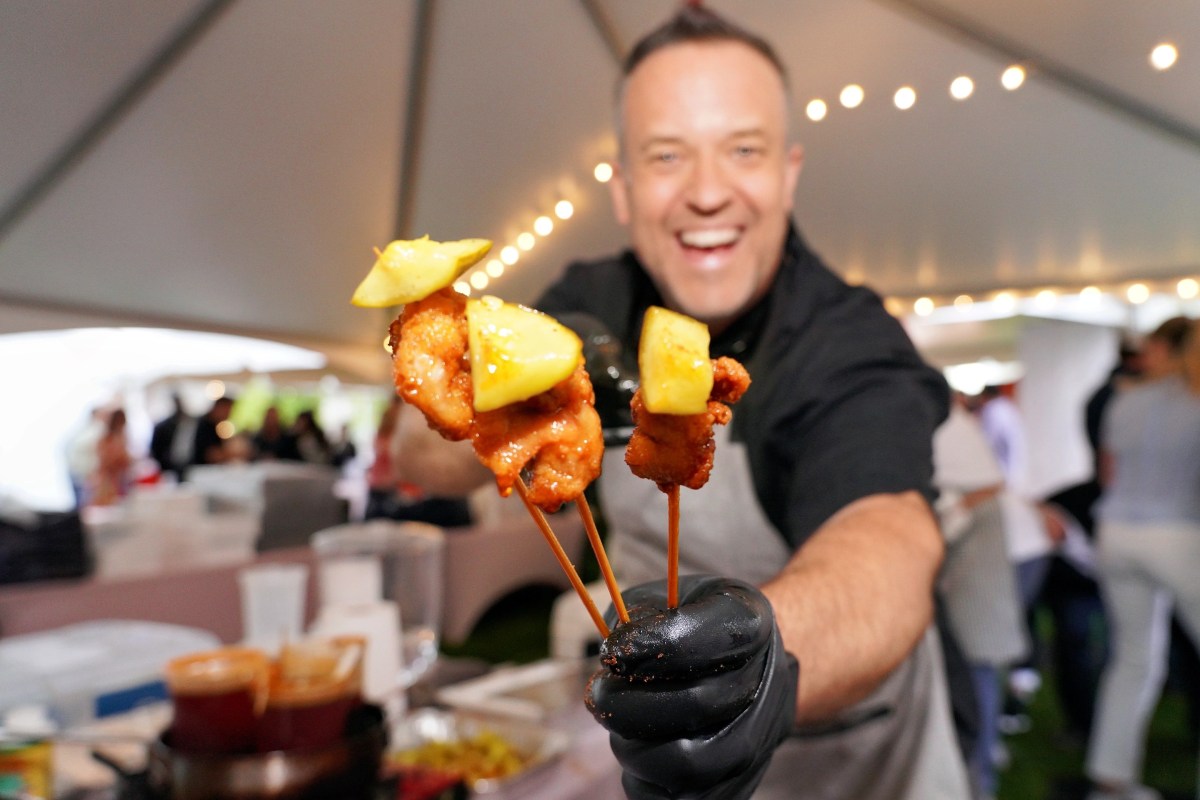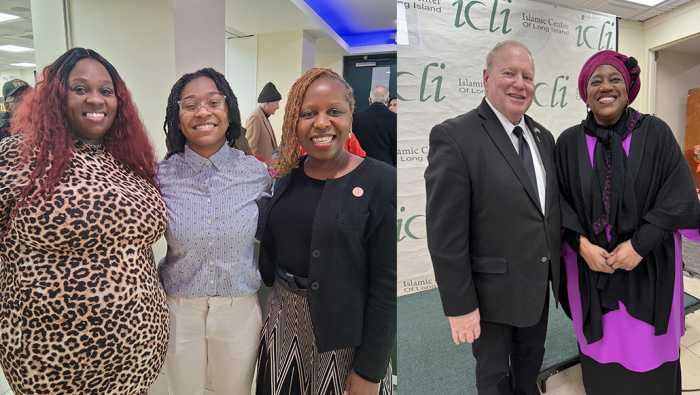Erica and I came to New York last week to attend a pair of galas celebrating charities we support. Aside from the honor of being invited, it was also a chance to catch up with old friends and see how their organizations are coping with everything from Trump World cutbacks to the perpetual need for funding.
It was fun seeing our kids, too, and how they and our hometown are faring. By the time you read this, New York will have elected its first Muslim mayor, an idea almost incomprehensible in the city with the largest Jewish population on Earth outside Israel.
We decided our town will survive Mayor Zoran Mamdani, just as it has so far endured the Second Coming of Donald Trump. There will be some bumps in the road, but New York, New York is nothing if not flexible and enduring.
Both charities we were supporting last week are scrappy, grassroots/bootstrap operations that have enjoyed impressive success over several decades.
Unique People Services held their party at Marina del Rey in the Bronx near the Throgs Neck Bridge, not far from Maritime College, which I attended back in the 1960s.
UPS provides a range of social services to the poor and disabled, creating housing and providing support services to people who would otherwise be homeless, have HIV/AIDS, developmental disabilities, or issues around mental health. The crowd of staff members, donors and their families was a rainbow of compassionate New Yorkers.
A few days later, the second benefit was held at the Perelman Performing Arts Center in the shadow of the World Trade in downtown Manhattan.
The charity being celebrated there was the Center for Independence of the Disabled, New York. This wonderful non-profit provides services for people with disabilities and helps them navigate life outside institutions, which once kept them virtual prisoners because of their handicap.
CIDNY helps the disabled navigate the labyrinth of programs to find appropriate healthcare coverage, SNAP, Social Security and other benefits so that they can maintain their independence.
Virtually every nonprofit in America serving the disabled is worried about threatened cuts to Medicaid. As the federal government retreats from its historic role of benign big brother, and costs of everything go up, people who run nonprofits from coast to coast are concerned that the gains of recent decades will be undone.
There is real fear in the community that the disabled will be stripped of appropriate protections, and forced, for example, to seek medical attention in emergency rooms or that group homes will make way to homeless shelters or crowded nursing homes.
Going forward, will there be a social safety net? Will state or even local governments step up to fill the role now held by the federal government? The threat to independent living is real.
Sweeping cuts will put at risk the right of the old or disabled of every age to live in their communities. Everybody is worried and that fear is exacerbated by the government shutdown, which hopefully has been resolved by the time you read this.
There has been a revolution in the way society cares for and treats the handicapped. Back in the day, they were treated like perpetual children or dangerous criminals.
I have watched progress with great pride since getting involved in 1972. My old pal, Bernard Carabello, also attended both benefits with Erica and me. We reminisced about how far we had come and about the need to stay true to the cause of giving every American an equal opportunity to enjoy their best life.
We ended the evening with a late dinner at The Odeon, one of our old downtown haunts. Upon arrival at the lively French bistro, I checked my walker with the maître d’. Not only am I an advocate for the disabled, but now I am one.






